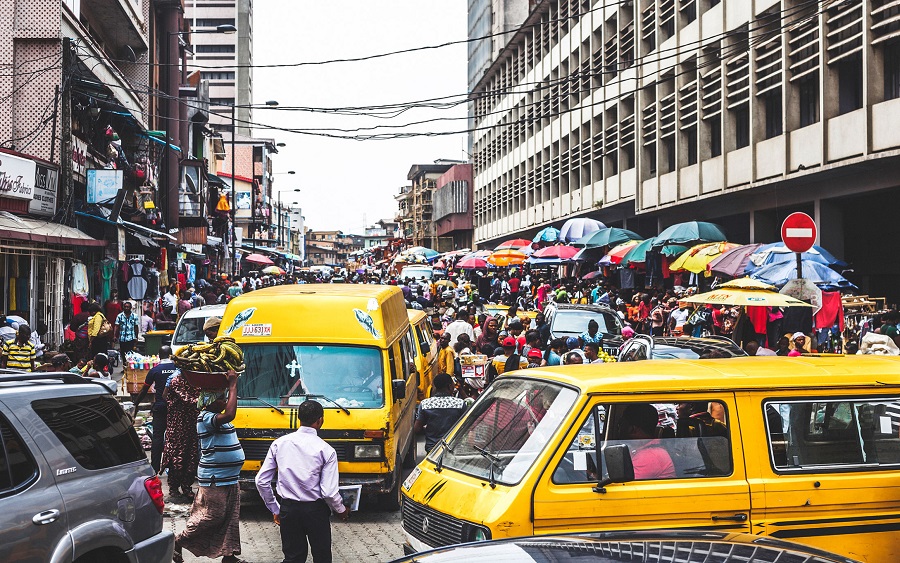Nigeria’s economy is expected to grow by 2.8% in 2022 on the back of stronger household spending and an increase in crude oil export value. This is according to projections in the Nigeria Country Risk report, by Fitch Solutions.
The projections were made following expected growth of 2.1% in 2021 from the 1.9% contraction recorded in the previous year, which was affected by the covid-19 lockdown measures.
According to the report, government consumption is expected to rise in the coming year, based on the 2022 budget announcement by the Finance Minister. It also hinges the projections on increases in fixed investment and oil exports. However, the downside to the projection includes a sharper economic slowdown in China and the emergence of vaccine-resistant strains of the covid-19.
What they are saying
“We at Fitch Solutions expect Nigerian real GDP to grow by 2.1% in 2021 after it contracted by an estimated 1.9% in 2020.
“Data published by the National Bureau of Statistics indicate that real GDP growth accelerated for a third consecutive quarter to 5.0% y-o-y in Q221, from 0.5% Q121.
“However, the Q221 data point to a modest economic recovery, considering that real GDP contracted by a substantial 6.1% in Q220 (in quarter-on-quarter terms real GDP contracted by 0.8% in Q221, indicating that the economy remains in a fragile state). Nevertheless, the Q221 outturn was moderately higher than we had anticipated. Reflecting this, we have adjusted up our real GDP growth forecast for 2021 from 1.8%.”
They noted that they expect some lockdown restrictions to remain in place in the coming months, given Nigeria’s low vaccination rate (at the time of writing, just 2.4% of Nigeria’s population had received at least one dose).
“These measures will prevent stronger rebounds in private consumption and fixed investment, which we believe will add 1.2% points (pp) and 0.3pp to headline growth respectively. Weak production of oil (88.7% of exports in 2020), which our Oil & Gas team expects to fall by 1.8% in 2021 due to OPEC+ restrictions and limited investment in production capacity, will see net exports subtract 2.4pp from growth,” they added.
What you need to know
Nigeria’s real GDP grew by 4.03% in the third quarter of the year, indicating an average growth rate of 3.28% so far in the year, largely driven by growth in the non-oil sector of the economy, which grew by 5.44% in Q3 2021. On the other hand, the oil sector contracted by 10.73% year-on-year, due to the decline in crude oil production.
However, the positive rally in the global crude oil rally is expected to drive Nigeria’s economic growth in the coming year, owing to increased forex earnings from crude export.



















